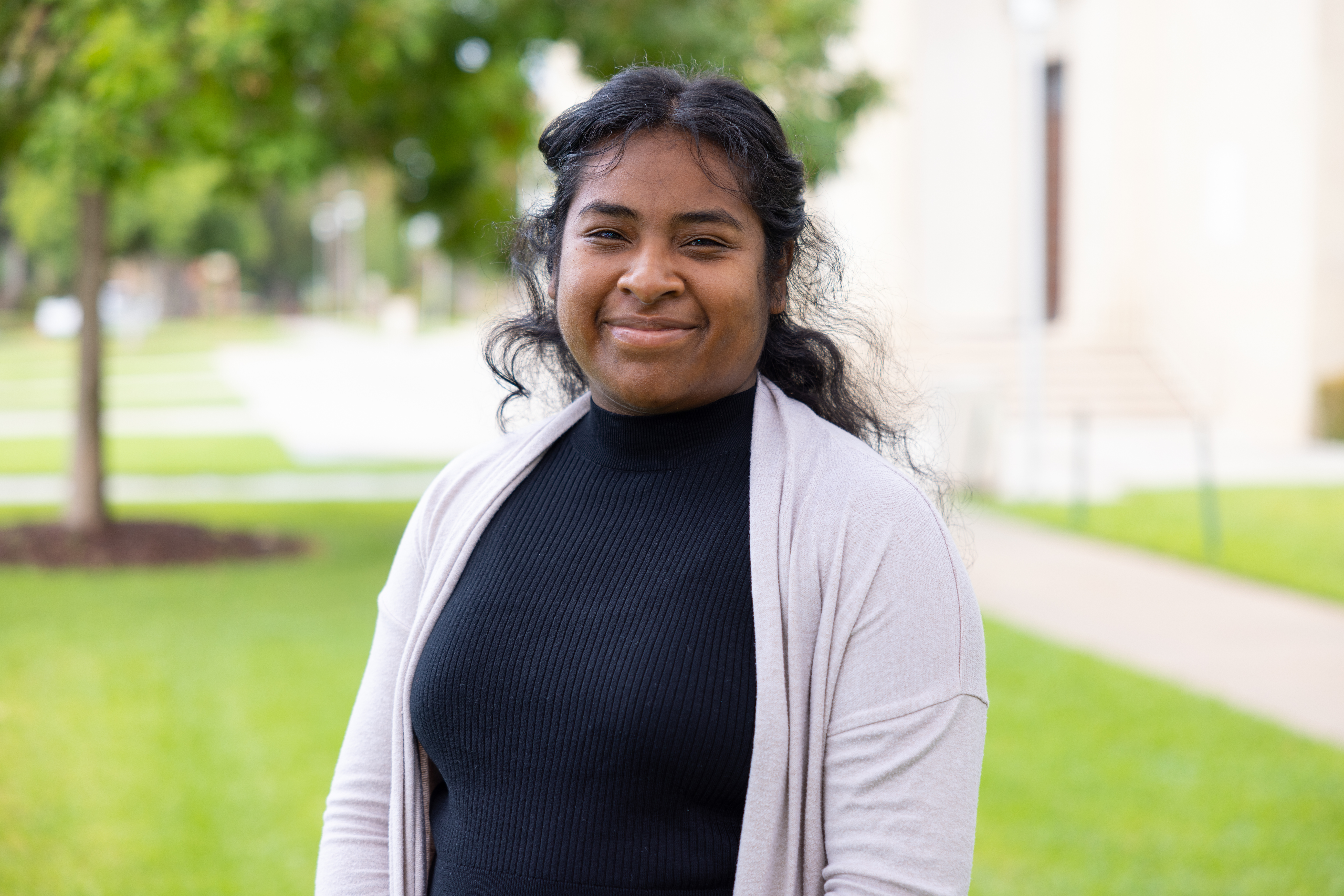There are many on-campus identities students can have at the University of Redlands. For graduate students, there is a smaller number of those on-campus identities we can participate in. I fall into a small group of graduate students who are also student-athletes. Many of us were undergraduate students at the university when COVID-19 hit. We were granted extra years of eligibility to compensate for the time lost and it was up to us to decide if we wanted to use it.
Recently, I was invited to speak on a panel for the National Academic Advising Association (NACADA)’s Graduate and Professional Students and Student-Athletes Advising Communities. The panel’s focus was to help advisors understand how we can help support graduate student-athletes and to see what different institutions are doing. My current role in the School of Education as a Student Success Advisor has allowed me to be in an advisory role and support some graduate student-athletes as well. Still, I had some doubts about how to answer the questions in the panel because my advising experience has been so limited, and I was not sure how to speak about the graduate student experience when I’m currently in my first year of the program. So, I asked some of the other graduate students who are on the Track and Field team with me what their experience was.
One of the questions that I asked my teammates was, “Do you tell anyone you’re a student-athlete?”
The answer I received was only when necessary. It was my answer too.
I was heavily involved in undergrad and because I stayed at the same institution there were so many connections that I still felt I had at the beginning of my graduate program. I started my program four months after I had graduated from undergrad. I received a piece of advice at the start of my program to drop any of the remaining involvements I had so that I could focus on grad school. It honestly hurt to hear that even though it made so much sense. I was starting a new phase of my education that would bring new challenges that I would have to learn how to handle. At the same time, I chose to continue track because of the connections that I had. It was a space where being a graduate student was not a limitation and I could keep a community that I already had before. I needed that consistency, and I knew that I could feel supported in the way I had been the previous four years. Still, I was not sure that others would understand and would question the number of things I was putting on my plate instead. The more I told people, however, I realized it was not something I had to worry about. I was lucky that I found more support from the advisors I worked with.
Since this is such a small population of students, the necessity to tell professors or advisors about this role arises from having to miss class or if it affects something related to the program. Most of our support comes from our coaches, who we see most of the week and who work with our schedules. They simply check in on us and we tell them if we have to miss practice. They are always cheering us on too, even outside our sport. The coaches have a good idea of having to balance the student-athlete identity, which may not always be understood by advisors or professors, especially at this level. It can be enough support to try to manage everything else on your own. Graduate students can be described as self-driven which also turns into completing so much independently that it can make it hard sometimes to connect with them as an advisor.
As an advisor, a continuous challenge is finding the right time to connect with students. Everyone is very busy. Looking at student-athletes, one can see that building a relationship is important to maintaining that feeling of support. As advisors, it can be hard to build a relationship especially if you aren’t frequently connecting with a student or if you never see them. It also depends on what the advisor's role is within the school. Especially when students are independent, it’s important to have a great first impression of how they will be helped so that they can see how they will be supported and come back again. From there, it’s all about listening to the student experience, they will tell you what they need.

